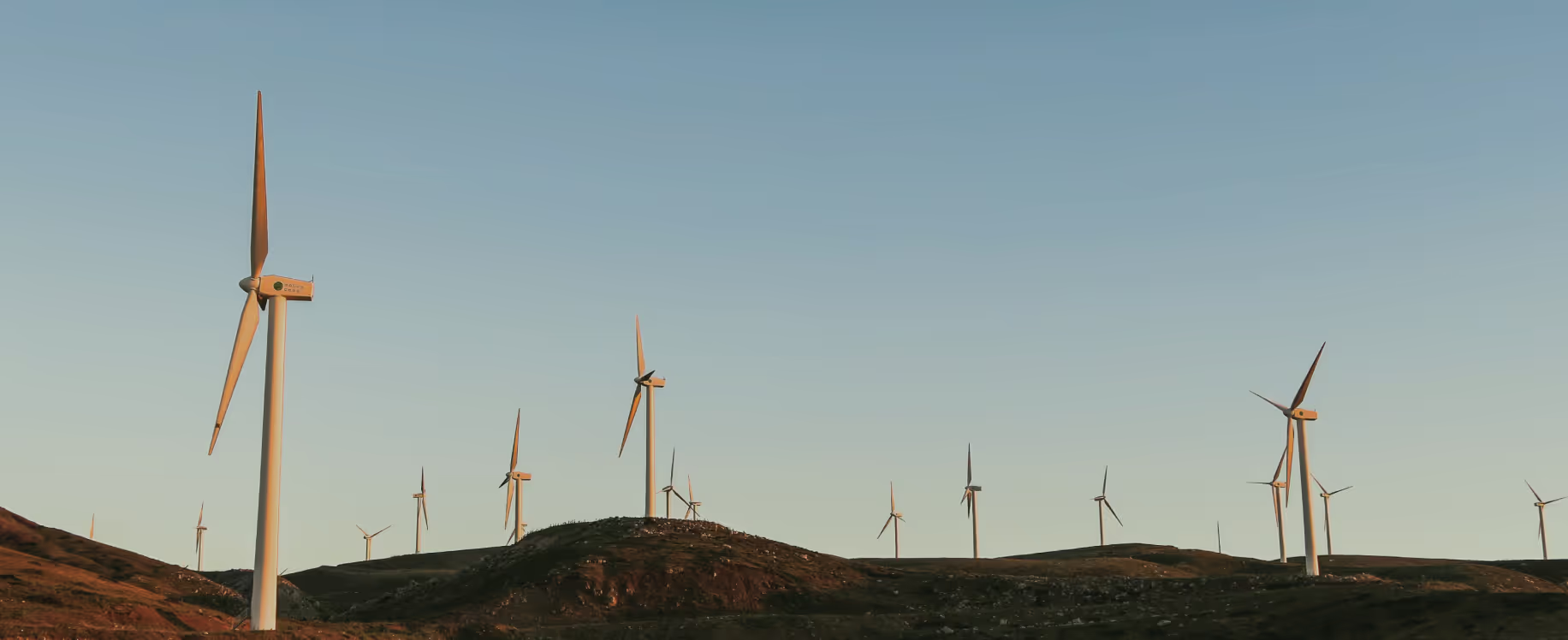The 13 Deregulated Energy States as of 2023

Join the community





In the majority of the states in the U.S., electricity comes from a designated provider chosen by the Public Utility Commission (PUC). This company generates, transmits, distributes, and maintains electricity, and consumers don't have a choice but to get electricity from this provider. These states are known as regulated energy markets.
However, in roughly 40% of U.S. states, consumers can choose where they buy their energy from different energy companies operate in these states and provide various options, giving residents control over their finances and the sustainability of their energy.
With control over their energy providers, residents in deregulated states can switch to renewable energy. In deregulated states, energy companies may distribute and maintain electricity, but not be responsible for the generation and transmission of electricity. PUCs still govern these companies.
Which states have a deregulated energy market?
According to the Electric Choice, 13 states have full or partially deregulated electricity utilities:
- Connecticut
- Delaware
- D.C.
- Illinois
- Maine.
- Maryland
- New Hampshire
- New Jersey
- New York
- Ohio
- Pennsylvania
- Rhode Island
- Texas
- California*
While technically deregulated, some of these states have restrictions that can greatly limit customers’ ability to switch their utility providers.
* Californians have electric choice which works on a very limited lottery system called DirectAcccess.
Deregulated energy markets vs regulated energy markets
Deregulated energy markets take the power away from energy monopolies and provide consumers with the power of choice. For example, the deregulated energy market in New York allows residents to choose the retailer from whom they wish to purchase their energy.
At the same time, consumers have a huge responsibility in a deregulated market. They need to read up on options, understand the dynamics of the different companies involved, and educate themselves on lingo and pricing to make an informed decision.
If you are in a deregulated market, spend some time on PUC’s website which has information on competitive suppliers and options.
Deregulated markets power the switch to renewable energy
Since 2020, wind and solar power have become cheaper than fossil fuels. In a regulated market, where a single company owns everything from electricity generation to maintenance, there is less incentive to transition to a renewable energy market.
However, in a deregulated environment, the utilities that distribute electricity are separate from those that generate it. This allows for more pressure to be put on generation companies to adopt green energy.
Whether or not you live in a deregulated state, you may have options to switch to renewable energy by purchasing RECs or participating in community solar or Community Choice Aggregators.












